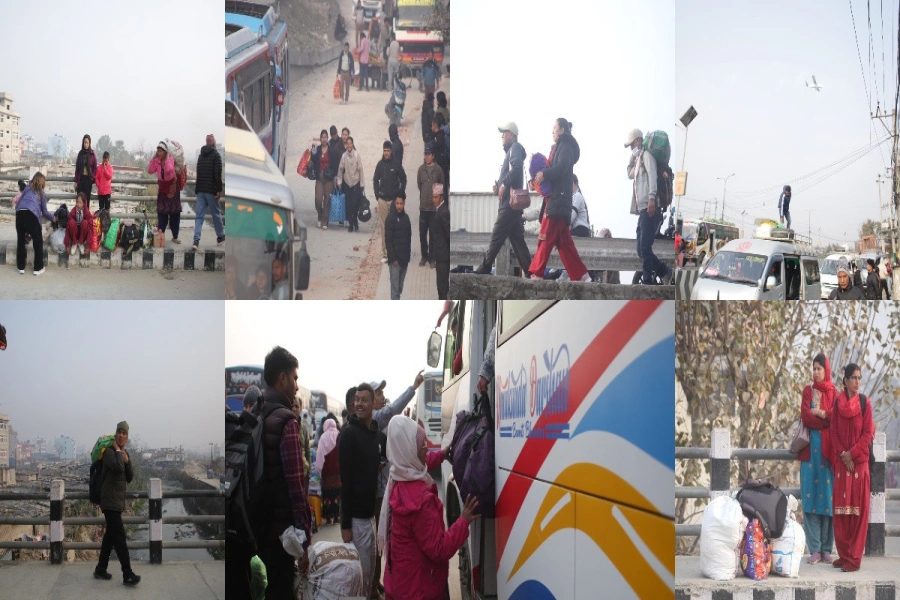This week has been quite encouraging in terms of implementing federal set up as envisioned by the constitution. As many as five provinces—Province 3, Province 2, Province 7, Province 6 and Province 5—have concluded their first provincial assembly meetings paving the way for electing speakers and deputy speakers of respective provinces and thereby laying the foundation for the formation of provincial governments.
Provinces 1 and 4 are scheduled to hold such meetings today. Save for some minor disputes here and there, the first PA meeting processes have been largely peaceful and harmonious. Province 2 has scheduled its next meeting for February 12, which is expected to elect the speaker on February 14. Province 3 has fixed the speaker’s election for February 10. In the first meetings, the assemblies have deliberated on working procedures and race for speakers has begun in all provinces. According to the constitution, an election of the speaker and deputy speaker must be held within 15 days of first meetings.
This has given the country the real feel of federal exercise. It was exhilarating to see provincial lawmakers participating in the meetings dressed in attires of their respective communities and expressing commitment for national unity, stability, and economic development—the agendas the people are desperately waiting for implementation. This makes these first meetings truly promising.
Executive meeting held to popularize mini great wall

Indeed, if the lawmakers do not deviate from this commitment and work as sincerely, achieving these goals won’t be difficult. Let us hope lawmakers will work with the spirit they are demonstrating now. However, there are certain issues provincial assemblies and soon-to-be-formed provincial governments have to take care of. Managing administrative costs for these new setups is going to be the biggest challenge.
Various reports have shown that Rs 231 million will be required to run one provincial assembly per annum which means we will need nearly two billion rupees for an operation of seven assemblies each year. Likewise, Rs 133 million will be required to operate each provincial parliament secretariat.
Managing resources for this is going to be the most challenging task for the country in the days to come. Therefore, we urge the political parties in the respective provinces to be economical. The left alliance has agreed to keep the size of state cabinets small, limiting the size to 10 percent of total assembly members through the constitution allows provinces to expand the cabinet to 20 percent of the total assembly members. This is a positive start and left leaders should stick to this promise.
Political parties and their lawmakers will have to act with great caution and prudence to ensure well-being and prosperity of people. Despite a lot of skepticisms and uncertainties, we have finally executed the federal exercise. This is no small feat. But challenges for the political class to make it functional have just started. On this note, we wish all the best to all the provincial lawmakers.





-1200x560-1772467693.webp)






























